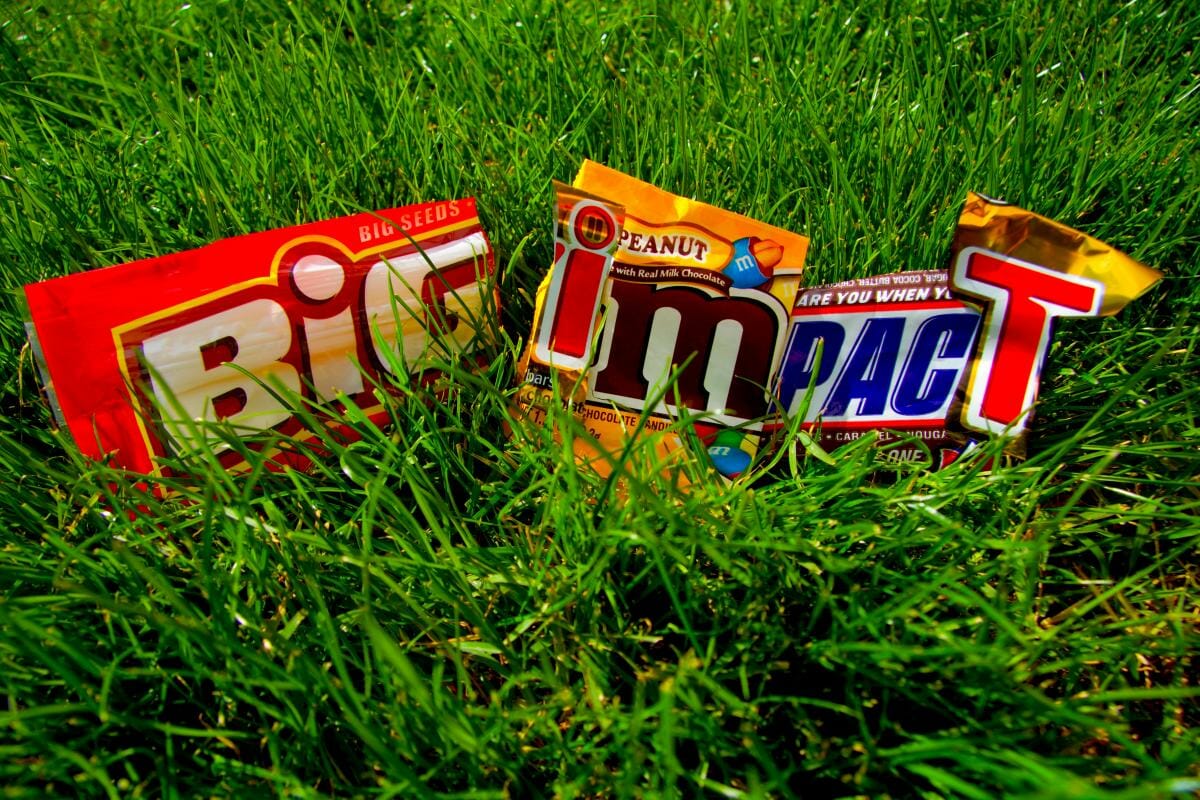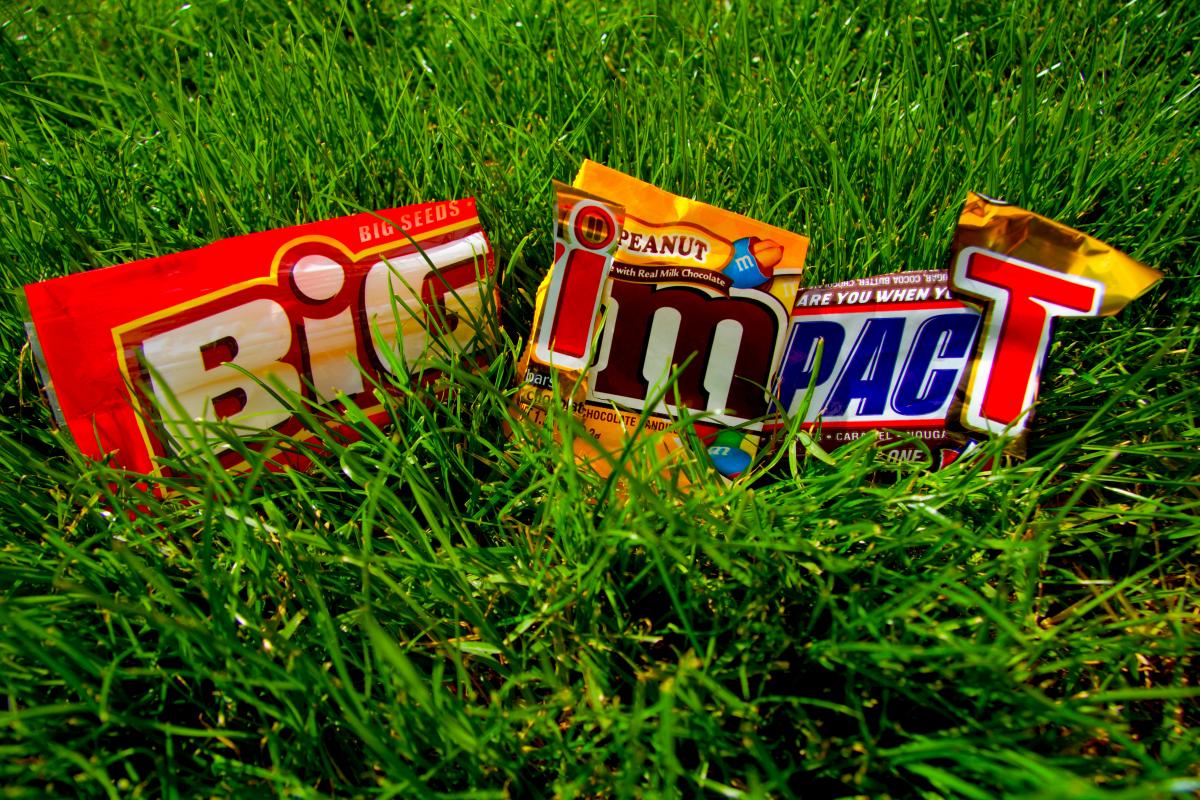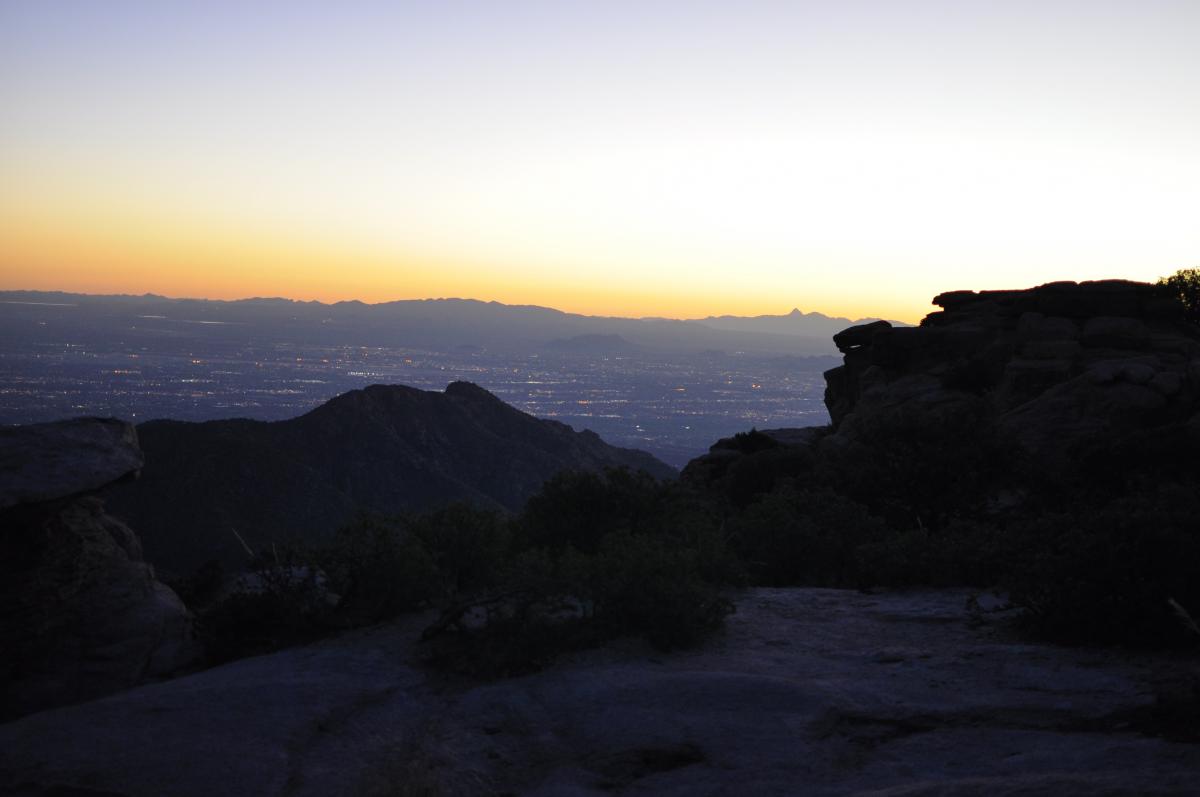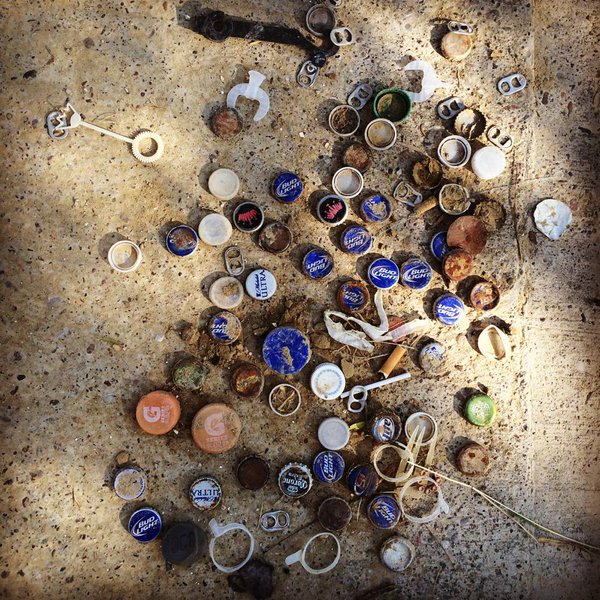News & Updates
Small Trash, Big Impact!


Tucson, AZ – I reach for a nearby water bottle and sip slowly to wet my lips. I slip my hand into the side pocket of our tent and immediately find my head lamp. After 8 months living out of a tent and working on the road as a Subaru/Leave No Trace Traveling Trainer I know exactly where it is. Jenna and I have a system, no fumbling here. Still in my sleeping bag I snatch up my down jacket. I quickly and precisely slide it on and zip it up. The morning air is crisp, just the way I like it. I sit up while simultaneously kicking off my ultra cozy sleeping bag. I put on my pants, all the while I try not to wake up Jenna as I open the tent flap, but she’s already up. In a familiar motion I turn around and whisper, “Good Morning. It’s going to be a great day.”

I finish opening the tent door. I reach for my socks on the inside pocket and slip my feet into their magnificent warmth. I put my feet in my shoes as I stand up outside the tent and take a depth breath. I am happy to breath in the mountain air. I walk to our Subaru and open the hatch. Without much thought habit takes over and very soon the coffee is ready as the sun climbs over the ridge line. I take a big gulp, grab our camera from the car, mess with the settings, and snap a few pictures of the sunrise.

As is sometimes inevitable with life on the road, we arrived to this campsite after dark, our expectations set for an amazing view in the morning. At first glance, we got it. It’s gorgeous! This place is amazing. Then as I allow my gaze to drift from the horizon and start to walk around, my shoes release a crunch sound that startles me. As I blink away the fuzziness and focus on the ground, I realize what caused the sound – a little piece of a candy bar wrapper. We call this micro trash.
Micro trash is small grain-sized pieces of trash or litter. Some examples of micro trash are torn corners of candy bar wrappers and power bars, plastic bottle caps, random chunks of colorful plastic, broken glass bottles, fruit labels, gum wrappers, cigarette buts, torn off labels of sports bottle drinks and the list goes on.

This little crunch sound awakened me to all the micro trash scattered around the area like Easter eggs that we’d missed in the dim light of night. The juxtaposition of trash and beauty that surrounded me, stopped me in my tracks and weakened my posture. It took away the pep in my step. As Subaru/Leave No Trace Traveling Trainers we work really hard to teach the importance of trashing your trash and repackaging food to reduce waste, amongst many other outdoor ethics. We also see lots and lots of impacts, which can really wear on us at the end of the day – especially when the impact is avoidable, like is often the case with micro trash litter. So this seemingly small and insignificant piece of trash actually has a big effect on our personal experience. Not to mention the negative roles micro trash can have on an ecosystem. On example of this is the threat micro trash is having on birds.
Natural scavengers and curious birds, like the California Condor, are attracted to little pieces of colorful or shinny trash that stand out in comparison to the rest of the environment. They commonly seek out and consume micro trash, which cannot be digested properly. The cycle worsens when mother Condors bring micro trash to their nest for the Condor chicks. This micro trash can then become lodged in the gastrointestinal track of the chicks and cause impaction, which can prevent the birds from digesting food, ultimately resulting in starvation and death.
In our role as Subaru/Leave No Trace Traveling Trainers we know that we can make a difference and inspire a sense of stewardship amongst the people we have the pleasure of teaching and interacting with. We also know that the education we provide has to start with ourselves. A favorite quote of mine that has further instilled this concept is, “Don’t complain about the snow on your neighbors roof when your own doorstep is unclean” – Confucius. It’s up to us to practice the Leave No Trace ethic in our personal pursuits. So on this crisp morning, I reached down, picked up the piece of candy bar wrapper, did a quick sweep of the rest of the campsite for micro trash and reminded myself that ‘Yes, impacts exist, but we can do something about them.’ And if there is one thing I have recognized during this journey, it's that the world we live in is filled with magnificent places worth caring for.
At the end of the day, or in this case at the beginning of the day, it is important to remember that this big impact can be avoided by trashing your trash on your next adventure.
Helping keep our wilderness wild,
Jenna and Sam – Subaru/Leave No Trace Traveling Trainer Team West
Leave No Trace’s Jenna Hanger and Sam Ovett are part of the 2015 Subaru/Leave No Trace Traveling Trainer Program that provides free, mobile education to communities across the country. Proud partners of this program include Subaru of America, Deuter, Hi-Cone, REI, Smartwool, The North Face, and Yakima.
Let’s protect and enjoy our natural world together
Get the latest in Leave No Trace eNews in your inbox so you can stay informed and involved.
